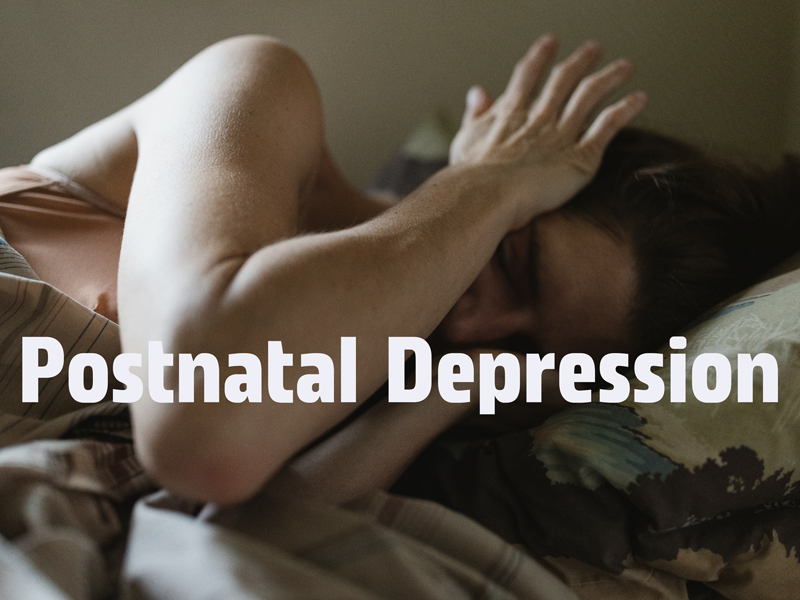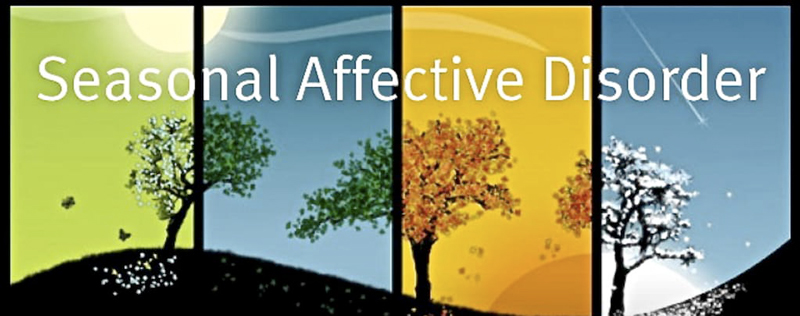Postnatal Depression - Recognizing the Causes and Managing this Phase
Oct. 31, 2023 #Depression
Postnatal depression, also known as postpartum depression, is a mental health condition that affects individuals after childbirth. While the joy of welcoming a new life into the world is a momentous occasion, it can also bring about a range of emotional challenges for some individuals.
Postnatal depression is not a sign of weakness or inadequacy; rather, it is a complex interplay of biological, psychological and social factors. In this article, we will delve into the definition of postnatal depression, explore its causes and symptoms and discuss the available treatment options and therapies.
Defining Postnatal Depression
Postnatal depression is a type of mood disorder that occurs after childbirth, typically within the first few weeks to months. It is more than just the "baby blues," a common and mild form of mood swings that many new mothers experience. While the baby blues often resolve on their own, postnatal depression persists and can significantly impact a person's daily life.
Causes of Postnatal Depression
The causes of postnatal depression are multifaceted, involving biological, psychological, and environmental factors. Understanding these factors is crucial for both individuals experiencing postnatal depression and their support networks. Some common causes include:
Hormonal Changes:
The drastic hormonal fluctuations during and after pregnancy can contribute to postnatal depression. The sudden drop in estrogen and progesterone levels after childbirth may affect mood regulation and contribute to the development of depressive symptoms.
Biochemical Factors:
Imbalances in neurotransmitters, such as serotonin and dopamine, play a role in mood regulation. Disruptions in these biochemical processes can contribute to the onset of postnatal depression.
Previous Mental Health Issues:
A history of mental health issues, such as depression or anxiety, increases the risk of postnatal depression. Individuals with a pre-existing vulnerability may find their symptoms exacerbated during the postnatal period.
Lack of Support:
Social and emotional support are crucial during the postnatal period. A lack of support from family, friends, or a partner can contribute to feelings of isolation and worsen depressive symptoms.
Sleep Deprivation:
New parents often experience sleep disturbances due to the demands of caring for a newborn. Sleep deprivation can significantly impact mood and contribute to the development or exacerbation of postnatal depression.
Psychosocial Stress:
Stress due to financial difficulties, relationship challenges or a demanding work environment can contribute to the development of postnatal depression.
Symptoms of Postnatal Depression
Identifying the symptoms of postnatal depression is essential for early intervention and effective treatment. Symptoms may vary in intensity and duration, but common indicators include:
Persistent Sadness:
A pervasive feeling of sadness or emptiness that persists beyond the initial postpartum period.
Fatigue and Sleep Disturbances:
Experiencing extreme fatigue, even when the opportunity for rest is available and disruptions in sleep patterns.
Changes in Appetite:
Significant changes in appetite, including overeating or loss of interest in food.
Irritability and Anxiety:
Feeling irritable, anxious, or on edge, often accompanied by racing thoughts.
Difficulty Bonding with the Baby:
Struggling to form a strong emotional connection with the newborn.
Withdrawal from Activities:
Loss of interest in activities that were once enjoyable, along with social withdrawal.
Thoughts of Self-Harm or Suicidal Ideation:
In severe cases, individuals may experience thoughts of self-harm or suicide. These thoughts should be taken seriously and immediate professional help is necessary.
Treatment and Therapies for Postnatal Depression
Seeking help for postnatal depression is crucial for both the well-being of the individual and the family. Fortunately, various effective treatment options and therapies are available:
1. Psychotherapy (Counseling):
Psychotherapy, particularly cognitive-behavioral therapy (CBT) and interpersonal therapy, has shown effectiveness in treating postnatal depression. These therapeutic approaches help individuals identify and change negative thought patterns, develop coping strategies and improve communication skills.
2. Medication:
In some cases, medication may be prescribed to alleviate symptoms. Antidepressant medications, such as selective serotonin reuptake inhibitors (SSRIs), can be effective. However, it's essential to discuss the risks and benefits with a healthcare professional, especially if the individual is breastfeeding.
3. Support Groups:
Joining a support group for individuals experiencing postnatal depression can provide a sense of community and understanding. Sharing experiences with others facing similar challenges can reduce feelings of isolation and stigma.
4. Lifestyle Changes:
Implementing positive lifestyle changes can have a significant impact on mood. This includes maintaining a healthy diet, engaging in regular exercise (with healthcare provider approval), and ensuring adequate sleep.
5. Family Therapy:
Involving the family in therapy can be beneficial, as it helps create a supportive environment and enhances communication between family members. Understanding the challenges and learning effective coping strategies together can strengthen family bonds.
6. Mind-Body Interventions:
Practices such as yoga, mindfulness meditation and deep-breathing exercises can help manage stress..
7. Educational Programs:
Participating in educational programs that focus on parenting skills, stress management and emotional well-being can be beneficial.
Conclusion
Postnatal depression is a real and treatable condition that affects individuals during a vulnerable period in their lives. Recognizing the signs and seeking help promptly are essential steps toward recovery.
With the right support and a combination of therapeutic interventions, medication and lifestyle changes, individuals experiencing postnatal depression can overcome the challenges and enjoy a fulfilling family life. It's crucial to prioritize mental health, reduce stigma and foster an environment that encourages open conversations about postnatal depression and its impact on individuals and families.








COMMENTS